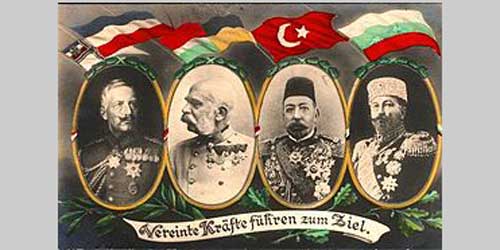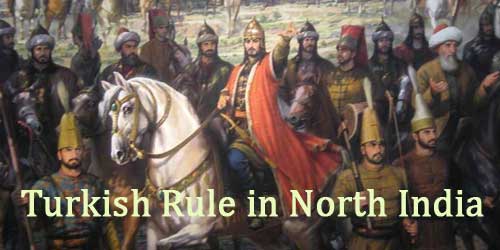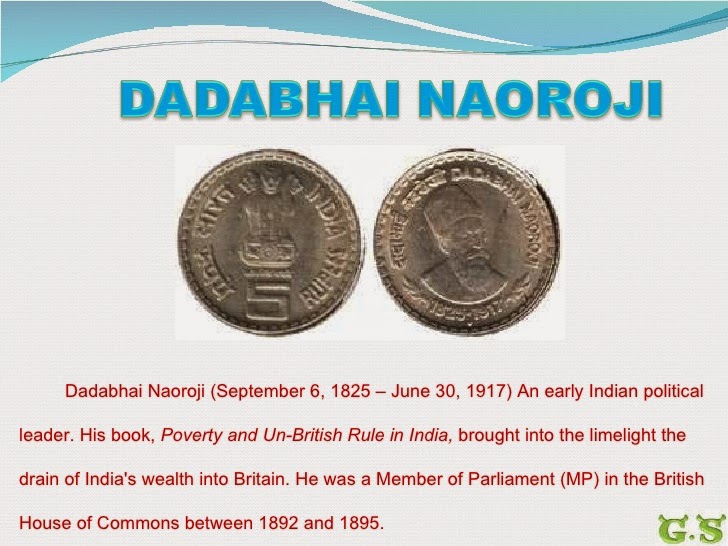World War I was fought between two major alliances of countries: the Allied Powers and the Central Powers. The Central Powers began as an alliance between Germany and Austria-Hungary. Later the Ottoman Empire and Bulgaria became part of the Central Powers.
Must Read: Story of The World War I Explained in 15 Points
Countries
- Germany – Germany had the largest army and was the primary leader of the Central Powers. Germany’s military strategy at the start of the war was called the Schlieffen Plan. This plan called for the quick takeover of France and Western Europe. Then Germany could concentrate its efforts on Eastern Europe and Russia.
- Austria-Hungary – World War I essentially began when Archduke Ferdinand was assassinated. Austria-Hungary blamed the assassination on Serbia and subsequently invaded Serbia setting off a chain of events that resulted in the war.
- Ottoman Empire – The Ottoman Empire had strong economic ties to Germany and signed a military alliance with Germany in 1914. The entrance into the war led to the eventual downfall of the Ottoman Empire and the formation of the country of Turkey in 1923.
- Bulgaria – Bulgaria was the last major country to join the war on the side of the Central Powers in 1915. Bulgaria claimed land held by Serbia and was eager to invade Serbia as part of the war.
You May Also Read: The Revolt 1857: the First War of Independence
Leaders
- Germany: Kaiser Wilhelm II – Wilhelm II was the last Kaiser (emperor) of the German Empire. He was related to both the King of England (George V was his first cousin) and the Tsar of Russia (Nicholas II was his second cousin). His policies were largely the cause of World War I. He eventually lost the support of the army and held little power by the end of the war. He abdicated the throne in 1918 and fled the country.
- Austria-Hungary: Emperor Franz Josef – Franz Joseph ruled the Austrian Empire for 68 years. When the heir to his throne, Archduke Ferdinand, was assassinated by a Serbian nationalist, he declared war on Serbia beginning World War I. Franz Joseph died during the war in 1916 and was succeeded by Charles I.
- Ottoman Empire: Mehmed V – Mehmed V was Sultan of the Ottoman Empire during World War I. He declared war on the Allies in 1914. He died just before the end of the war in 1918.
- Bulgaria: Ferdinand I – Ferdinand I was Tsar of Bulgaria during World War I. He gave up his throne at the end of the war to his son Boris III.
Must Read: Know about World War I
Military Commanders
- Germany – General Franz Conrad von Hotzendorf, General Erich von Falkenhayn, Field Marshal Paul von Hindenburg, Helmuth von Moltke, Erich Ludendorff
- Austria-Hungary – Archduke Friedrich
- Ottoman Empire – Mustafa Kemal, Enver Pasha
Interesting Facts about the Central Powers
- The Central Powers were also known as the Quadruple Alliance.
- The name “Central Powers” comes from the location of the main countries in the alliance. They were centrally located in Europe between Russia to the east and France and Britain to the west.
- The Central Powers mobilized around 25 million soldiers. Around 3.1 million were killed in action and another 8.4 million were wounded.
- Each member of the Central Powers signed a different treaty with the Allies at the end of the war. The last, and most famous, treaty was the Treaty of Versailles signed by Germany.
Don’t Miss:






